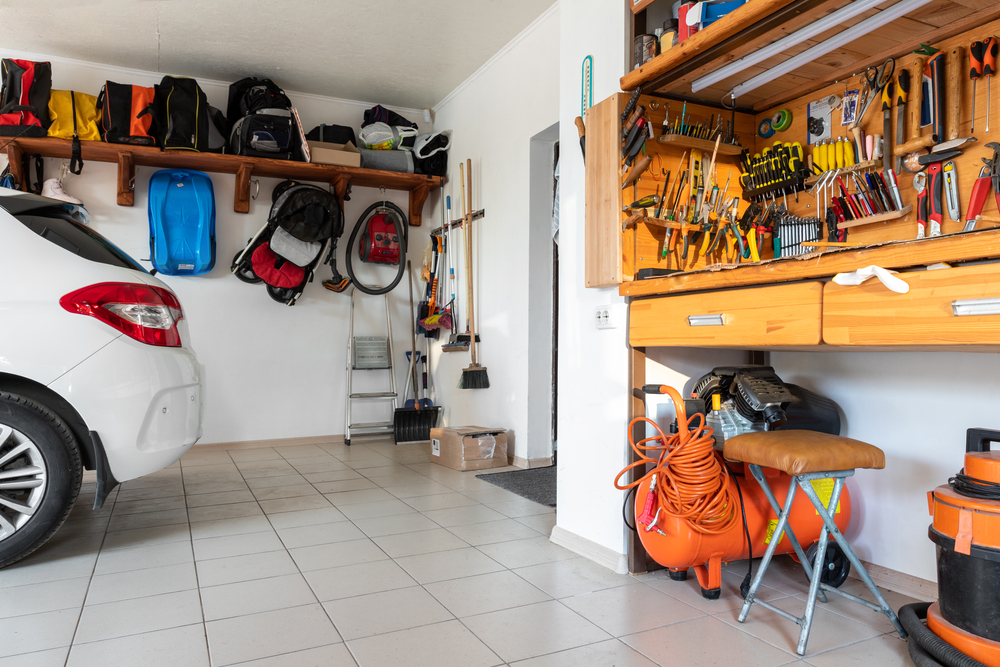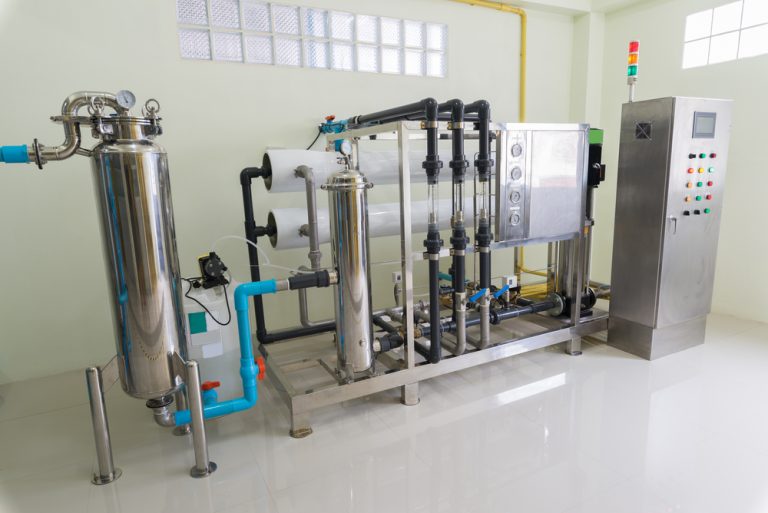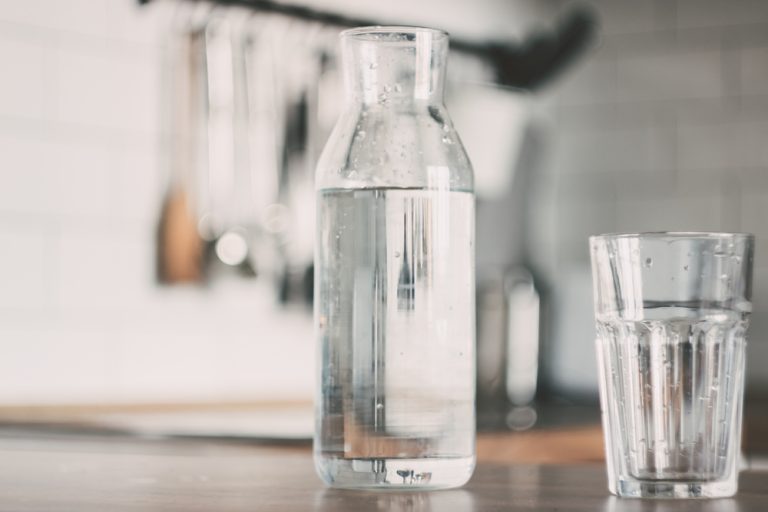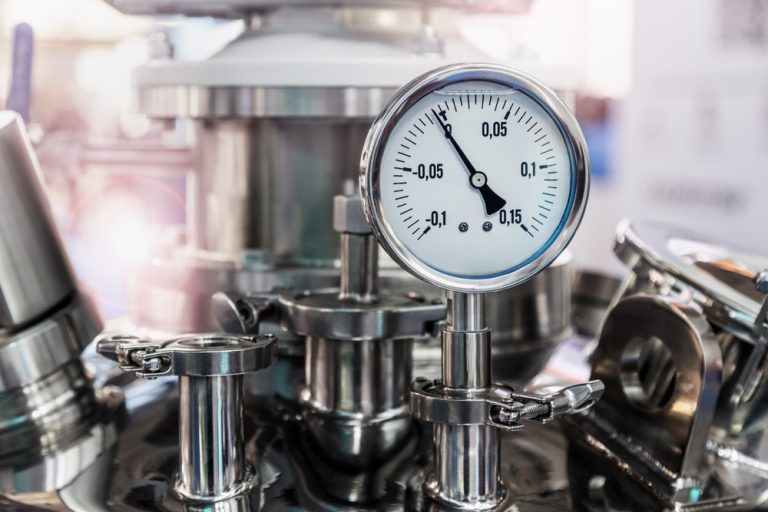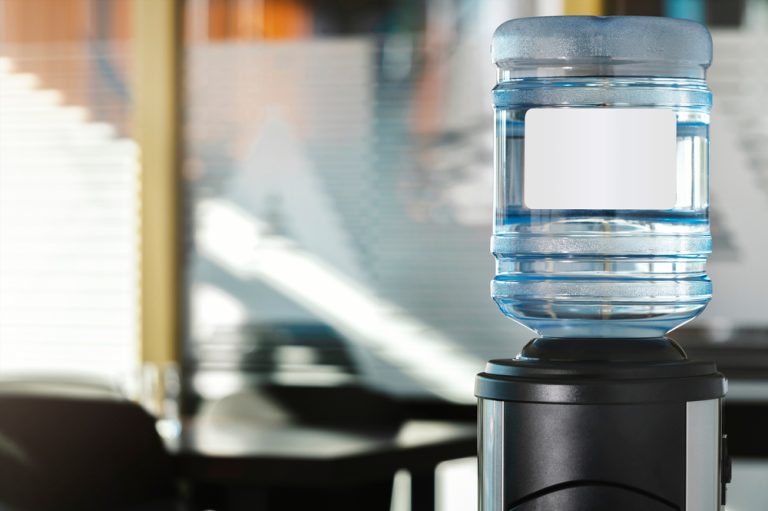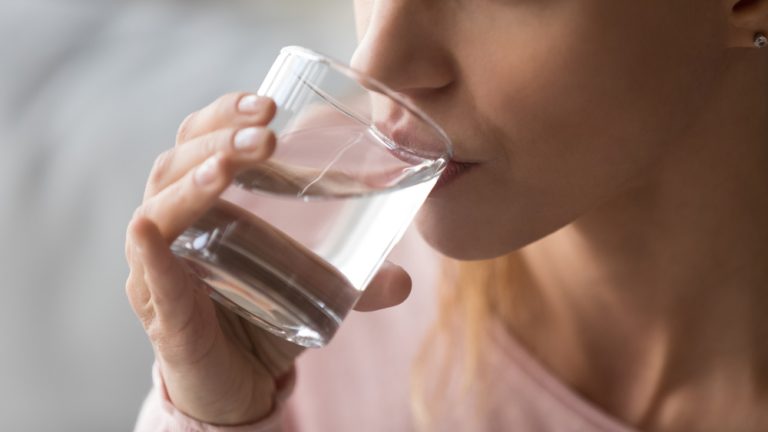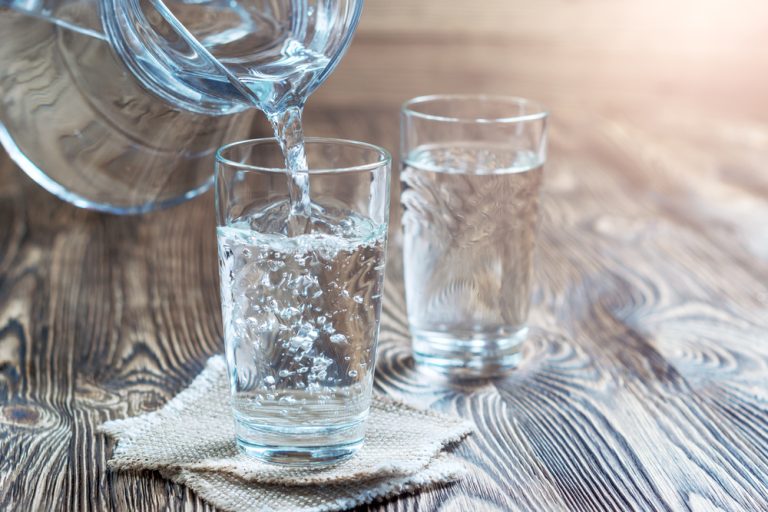Is Storing Bottled Water In A Hot Garage A Good Idea?
For many families, the garage is a convenient place to store various things, including bottled water. However, you might be concerned about the safety and quality of storing bottled water in hot garages. So, should you store bottled water in a hot garage, and how can you do it safely?
You can store water bottles in a hot garage if you choose BPA-free plastic or glass ones, keep them in a dark, cooler area, and regularly monitor and rotate them. You can store plastic bottles between 6 and 12 months and glass bottles up to 2 years there. Ideal temperatures are 77°F (25°C) and below.
What Do We Mean By Bottled Water?
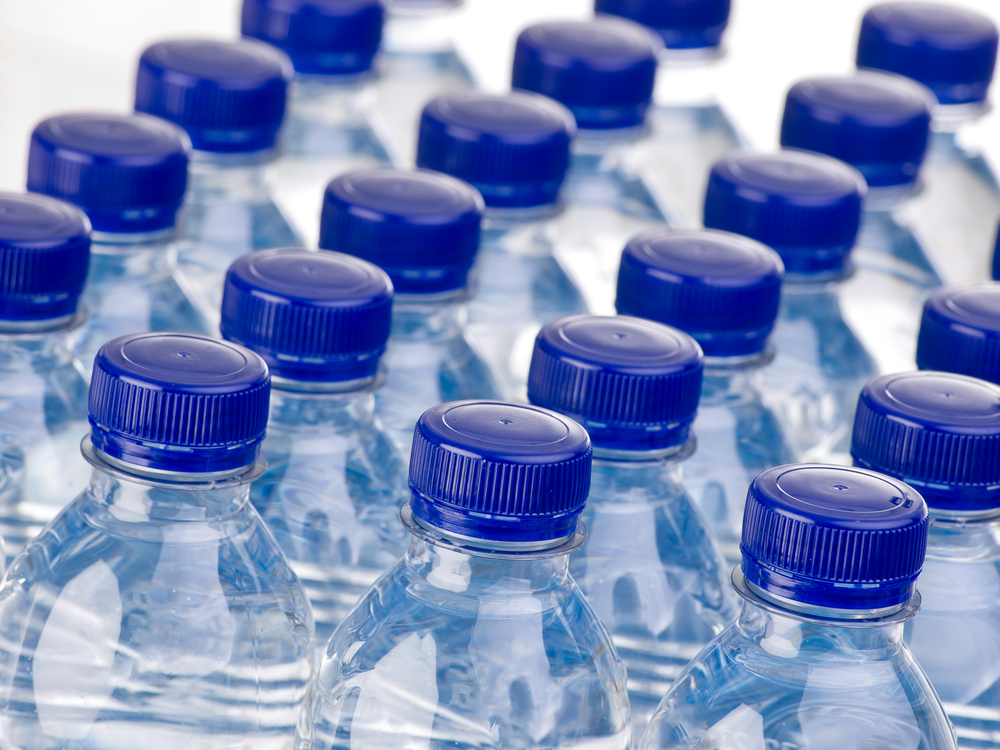
Bottled water is drinking water packed and sold in bottles. Manufacturers often take this water from natural springs, wells, or municipal water sources before filtering and purifying it to ensure quality and safety.
Different kinds of bottled water are available, including mineral, spring, and purified. Each has unique qualities depending on where it comes from and how it was treated.
Retailers commonly sell bottled water in various sizes and shapes, ranging from small single-serve bottles to bigger gallon-sized containers. Bottled water has become a popular hydration solution due to its portability, availability, and image as a reliable and secure source of drinking water.
Why Store Bottled Water In A Garage?
There are many reasons to store bottled water in a garage since garages are convenient, offer plenty of storage space, and are safe for storing bottled water in the right conditions.
Let’s start with how storing bottled water in a garage can prepare you for an emergency.
Emergency Preparation
Storing bottled water in garages as part of contingency plans is one reason to store bottled water in a garage. These include power outages, disasters, or other emergencies where access to clean drinking water might be restricted.
Convenient Storage Space
Garages often provide significant storage space, so storing bottled water in them can free up space within the house. It’s a practical solution for people who might not have additional storage space or would rather not fill their living areas with many water bottles.
Bulk Purchases
Bulk bottled water purchases can save money, and the garage offers a convenient location to hold these bigger volumes. This particularly applies to households with a limited pantry or kitchen storage space.
Seasonal Use
In areas with extreme temperatures, people might keep bottled water in the garage for use during outdoor activities, gardening, or other seasonal activities. Having access to water supplies might be helpful on hot summer days. Some people also store their bottled water during winter seasons as a reserve.
Party Supplies
Some people utilize their garage as a storage room for beverages and refreshments during gatherings or parties. You can keep bottled water in the garage as part of a larger supply of drinks for such events.
Potential Risks When Storing Bottled Water In A Hot Garage (And How To Handle Them)
Storing bottled water in a hot garage can be safe with the proper practices and conditions. However, there are risks to doing so.
Let’s start with bacterial growth.
Bacterial Growth
Higher temperatures, especially if the bottles are not well sealed, can promote bacteria growth and other organisms in the water. Any organic matter or pollutants in bottled water can worsen this growth.
Keep all water bottles sealed and in a clean environment. Also, check the expiration dates. This will reduce this risk.
Plastic Leaking
Materials for plastic bottles include high-density polyethylene (HDPE) and polyethylene terephthalate (PET). With heat exposure, these plastics can release specific compounds into the water, such as antimony, phthalates, or bisphenol A (BPA). Even though the released amounts are usually small, prolonged exposure to hot temperatures can raise the risk.
It is best to select BPA-free plastic bottles and keep them out of direct sunlight.
Taste And Odor Change
Bottled water’s taste and odor can change after extended heat exposure. It can start to taste a little plastic-like or begin to smell bad. Although these modifications may not make the water hazardous, they may lessen its flavor.
Store bottled water in a cool container to prevent this.
Best Practices For Storing Bottled Water In A Hot Garage
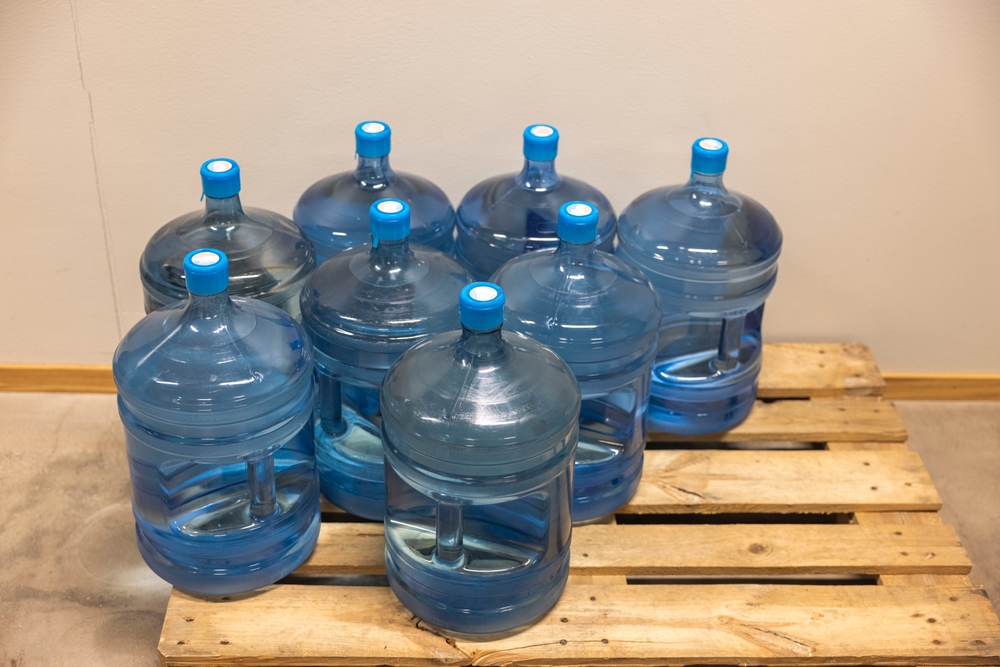
Storing bottled water in a hot garage requires following several best practices. This keeps your water at a higher quality and safe to drink too.
Let’s start with the best practice: considering storing your bottled water elsewhere.
Consider Other Storage Options
The best thing you can do is look for other places to store your bottled water if your garage frequently becomes hot. Use a cool basement, pantry, or storage space in your house.
Choose The Right Bottle
Choose BPA-free plastic bottles or glass ones. Choosing these types of bottled water helps maintain your bottled water’s quality.
Store In A Cool, Dark Place
Locate an excellent spot in the garage that is out of the path of heat sources and the sun. Pick a shaded location protected from extreme temperature changes.
Ensure Proper Sealing
Ensure the bottles are properly sealed to avoid contamination from outside sources. Regularly inspect the seals for any indications of leakage or deterioration.
Rotate And Monitor Your Supply Regularly
If you store bottled water for an extended period, rotate your stock to ensure you first consume the oldest (non-expired) bottles. Also, inspect the bottles for deterioration, flavor, or appearance changes.
What Is The Safe Temperature For Storing Bottled Water?
You will want to store bottled water at or below 77°F (25°C). Maintaining the water’s purity and safety is essential by keeping it in a stable, cool environment.
High temperatures can speed up the decomposition of plastic bottles, which may result in chemical leaking and compromise the water’s safety. Extreme heat, such as from a hot garage, can promote bacteria growth and alter the flavor of bottled water.
Always check bottled water before drinking.
How Long Can Bottled Water Be Stored In A Garage?
For best taste and safety, drink plastic bottled water within six to twelve months if stored in a hot garage.
Glass water bottles, on the other hand, are safe to drink for up to two years.
It’s essential to regularly check on any type of bottled water, though. Look for any indications of deterioration, changes in color, or strange scents.
Is It Safe To Leave Bottled Water In A Hot Garage?
Do not leave your bottled water in a hot garage for longer than six to twelve months, especially if it’s plastic bottled water. Leaving bottled water in a hot environment, such as a garage, for too long can compromise its safety and quality. It’s much better to store bottled water in a cool and clean environment.
Final Thoughts: Storing Bottled Water In A Hot Garage
Leaving or storing bottled water in a hot garage or even a hot environment is not advisable. If the garage is the only place you can store your bottled water, ensure it’s well-ventilated, clean, and dry to maintain your bottled water’s quality. Always check your bottled water before drinking.
So, do you plan to store your bottled water in a hot garage or another way? Let us know your thoughts and why in the comments below!

